Notice: Norbord is now part of West Fraser. Click here to visit westfraser.com
Here, at West Fraser UK, we know that our operations have the potential to impact upon the environment, which is why we do our very best to negate or minimise these possible effects with our sustainable wood panels. We always work to ensure that we meet and, if possible, exceed environmental legislative criteria.
The facts:
These innovative actions are accompanied by initiatives showing our commitment to new and on-going environmental wood industry related issues. As one of the largest producers of panel products in the UK we feel it is our responsibility to be at the forefront of our industry with regards to relevant environmental challenges.
Young, fast-growing trees are the lungs of the world, breathing in carbon dioxide and exhaling oxygen. By replanting trees, sustainable forestry ensures that more oxygen-emitting woodlands are created every year.
In 2000, we entered into an agreement with the UK government to reduce fossil fuel usage by 10% by 2012. By the summer of 2007, the majority of our mills in Europe were firing up on biomass – burning excess timber residues produced on site – and helping to reduce the company’s dependence on energy generated using fossil fuels.
West Fraser UK has achieved a 45% reduction in fossil fuel combustion in the past five years and, when the programme is complete, 80% of our heat requirements used in the wood fibre drying process will come from biomass sources.
What’s more, all of our sustainable wood panels can be recycled at their end-of-life, meaning the wood can continue to be re-used long after its initial function is complete.
At West Fraser UK, 75% of the energy used to produce our sustainable wood panel products is derived from renewables – residues left over in the manufacturing process. As a whole, West Fraser UK uses 1.5 million metric tons of biomass every year for energy – that’s the equivalent of about two million barrels of oil.
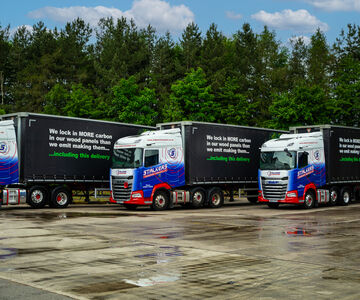
We use a series of distributors that deliver multiple products on one truck, saving on our lorry mileage. West Fraser products are packed to use the maximum space available (double stacking) which avoids the sending out lorries half-full. We also use alternative transport – such as ship into our Inverness mill, saving ~18 lorries.
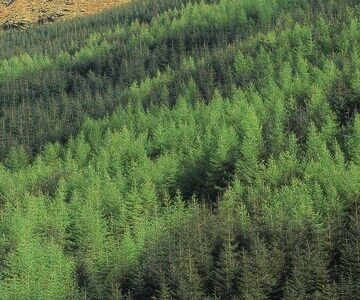
Here at West Fraser we know that our operations have the potential to impact upon the environment, which is why we do our very best to negate or minimize these possible effects. We always work to ensure that we meet and, if possible, exceed environmental legislative criteria.
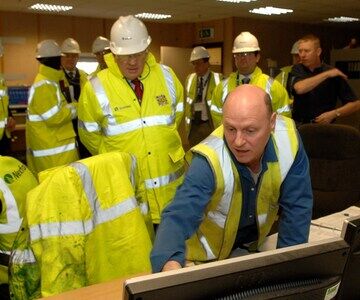
As well as large scale innovative ideas to reduce West Fraser’s impact on the environment, smaller scale behaviours are practiced in order to reduce our footprint as much as possible. Effort is made to recycled as much as possible switch off lights and electricals, as well as minimise travel using conference facilities.
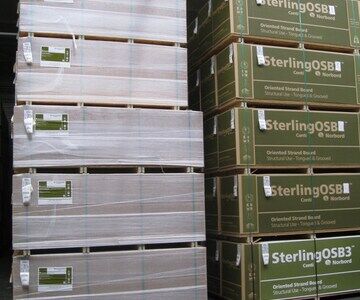
We are aware of the impact excess packaging can have. That’s why we ensure that all cardboard used is made from recycled card and suitable for further recycling. The film on CaberDek can also be recycled after use. Minimal plastic is used at all times in our packaging and there is a regular review of packaging materials.

Whilst being aware of the potential impact our sites can have on local communities and doing everything possible to negate or reduce this impact, West Fraser also supports these communities in various ways. Local theatres, sports teams, war memorials, and school activities are just some of the project examples that West Fraser has supported.
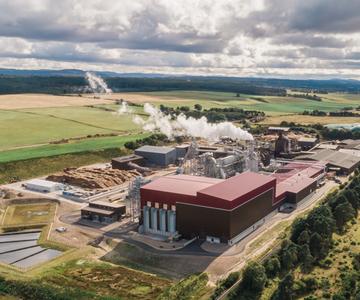
West Fraser are the largest generator of heat energy from renewable sources in the UK due to investing in biomass technology at our manufacturing sites.
Our biomass plant burns wood that would otherwise go to landfill; the heat from this powers the production process. Our £2.5million investment in biomass at our Cowie site has saved 2400 skips being sent to landfill.